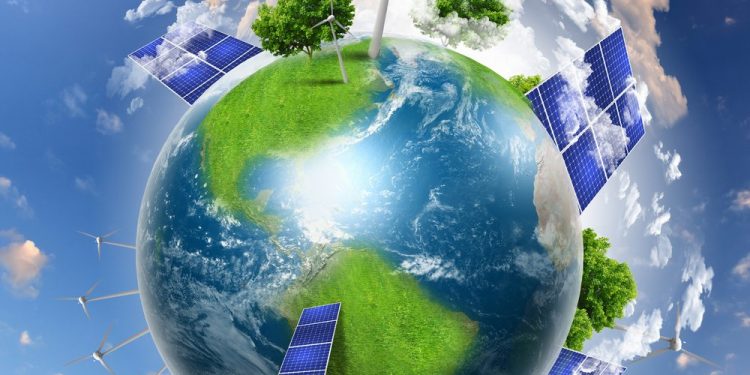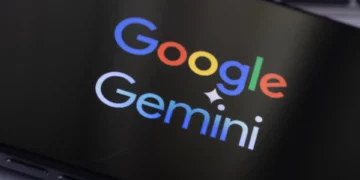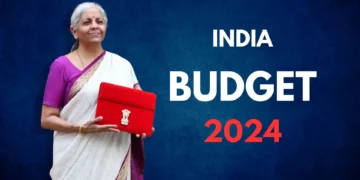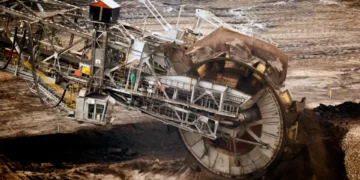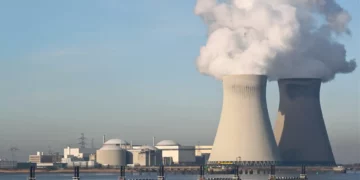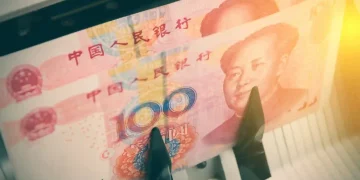Suhail bin Mohammed Al Mazrouei, Minister of Energy and Infrastructure, stated that the UAE is investing heavily in environmentally-friendly energy projects.
Eleven eco-friendly energy projects worth $43 billion (AED 159 billion) were launched in the country last year.
Al Mazrouei stated that the UAE produced 7,035.75 megawatts (MW) of clean energy in 2021, highlighting the nation’s pioneering efforts in the emerging clean energy sector.
Plans for clean energy in the UAE
Al Mazrouei also talked about the debut of the UAE Energy Strategy 2050, the first unified energy strategy for the Gulf country. This plan aims to reduce reliance on other fuel sources over the next three decades while also integrating renewable and clean energy sources to strike a balance between economic needs and climate goals
He went on to say that the United Arab Emirates was one of the first nations to ratify the Paris Agreement and that it has adopted the most recent innovations that paved the way for sustainable development.
According to Al Mazrouei, the Ministry of Energy and Infrastructure established the characteristics of the energy sector’s future for the next fifty years by revising the National Energy Strategy 2050, developing the National Hydrogen Strategy, and relying on previous accomplishments.
To meet the country’s energy needs, the UAE will focus on using the lowest-priced locally available resources, which will increase non-oil exports. The global turmoil in energy supplies has posed challenges related to energy security.
He affirmed that the rise of renewables necessitates upgrades to transportation and investments in storage technologies to consistently meet energy needs, noting that the UAE has significant potential in the field of solar power and that the low cost of solar power will enhance the country’s energy security, competitiveness, and carbon neutrality.
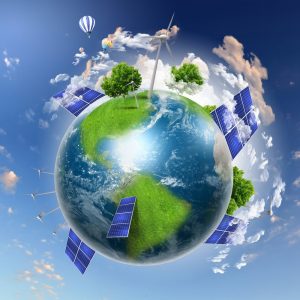
Long-term storage technologies will play a significant role in decarbonizing the grid reliably and cost-effectively with the anticipated decrease in storage costs and their commercialization.
Al Mazrouei emphasized that the Barakah Nuclear Power Plant is a pioneering and groundbreaking energy transition project. Its four reactors will offset 22.4 million tonnes of annual carbon emissions, the primary cause of climate change, once they are fully operational.
He added that the new successes and advancements made during the development of the four Barakah reactors, the first multi-station peaceful nuclear energy project in operation in the Arab world, play a crucial role in lowering the UAE’s energy sector’s carbon footprint and achieving climate change by 2050. The third reactor will contribute to the UAE’s energy security and fight against climate change by adding 1,400 MW of carbon-free electricity to the grid.
The UAE’s significant capabilities in the drafting and management of major projects are made clear by the Barakah plant’s numerous accomplishments.
Carbon-free Energy Sources
Al Mazrouei affirmed that the UAE is paving the way for other carbon-free energy sources, including hydrogen, noting that the nation’s hydrogen strategy is based on ten key pillars and will assist it in achieving its goal of becoming one of the top 10 hydrogen producers by 2031. The UAE is a model for developing mini reactors and a new generation of reactors.
Refineries currently produce and utilize 0.3 million tonnes of grey hydrogen annually. However, several DEWA/Siemens pilot projects make use of ammonia that is based on blue hydrogen and is exported to Germany and Japan. There are more than ten projects in progress, seven of which are major projects that are in the process of development and some of which are undergoing feasibility studies.


